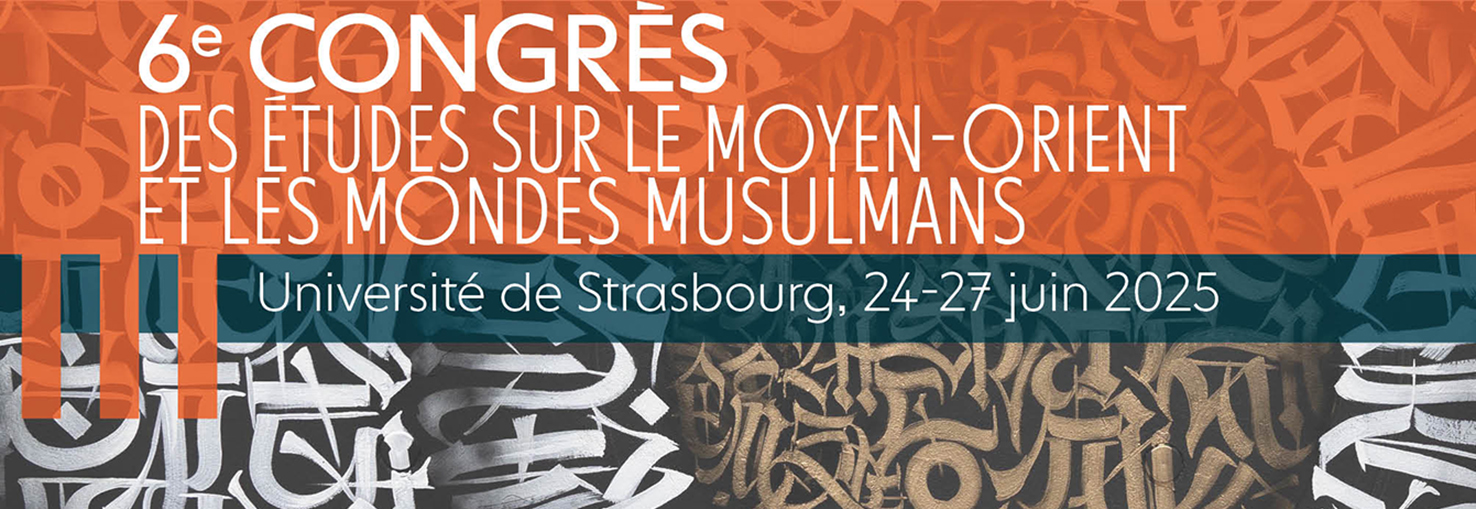Vendredi 27 juin 2025, 14h00-16h00, Salle 3206
RESPONSABLES :
Lydia Haddag (Université Paris 1, Invisu)
Alain Messaoudi (Nantes Université, CRHIA)
INTERVENANTS :
Amr Zakaria (Institut dominicain d'études orientales) : Le projet de loi établissant le premier institut d'art dramatique et de cinématographie en Égypte en 1923
Draft law establishing the first Institute of Acting and Cinematography in Egypt in 1923
Aurélie Petiot (Université Paris-Nanterre, InVisu) : La réception des œuvres produites par l'École des arts décoratifs, Le Caire, 1909-1934
The reception of the works produced by the Cairo School of Arts and Crafts, 1909–1934
Delphine Delamare (Nantes Université, CRHIA, INHA) : Les dessins archéologiques, entre production savante et artistique dans l'archéologie marocaine postcoloniale (1964-1968) : Le cas de Mohamed Ataallah
Archaeological drawings, between scientific and artistic production in postcolonial Moroccan archaeology (1964–1968): The case of Mohamed Ataallah
Alan Duchatelet (Nantes Université) : La production des savants berbérisants au Maroc et sa réception. Le cas des travaux juridiques d'Henri Bruno
The production of knowledge on Berbers in Morocco and its reception. The case of the legal works of Henri Bruno



